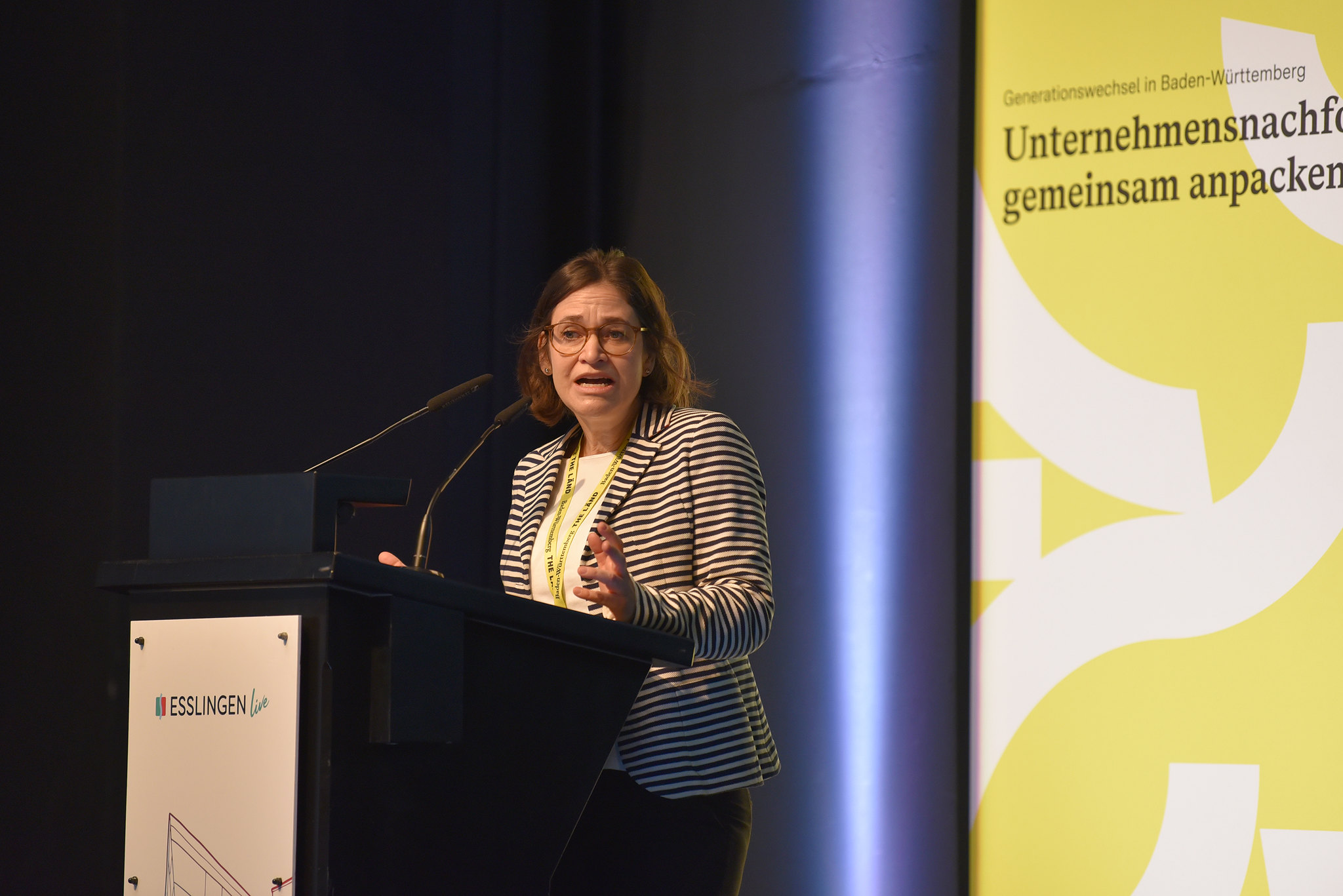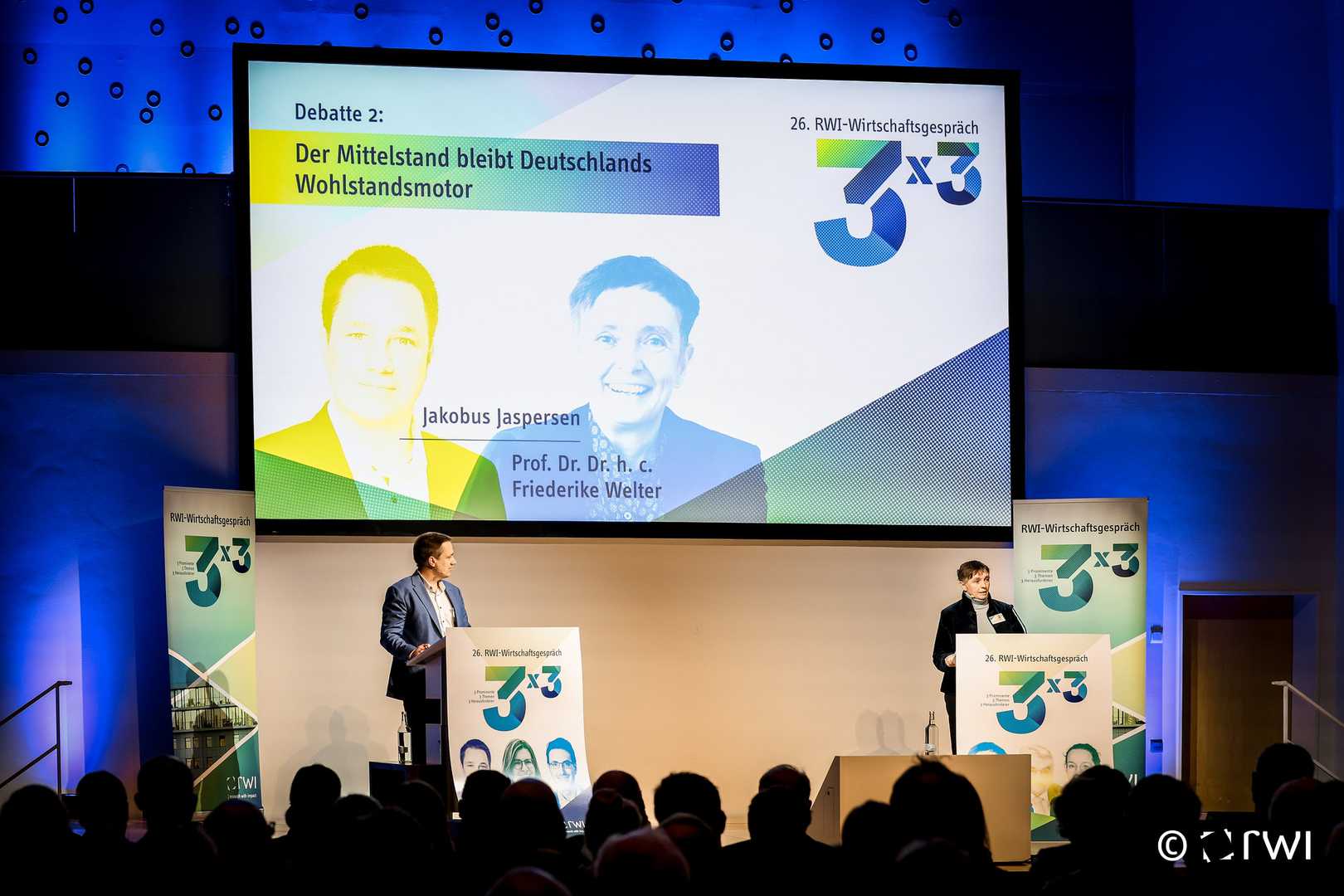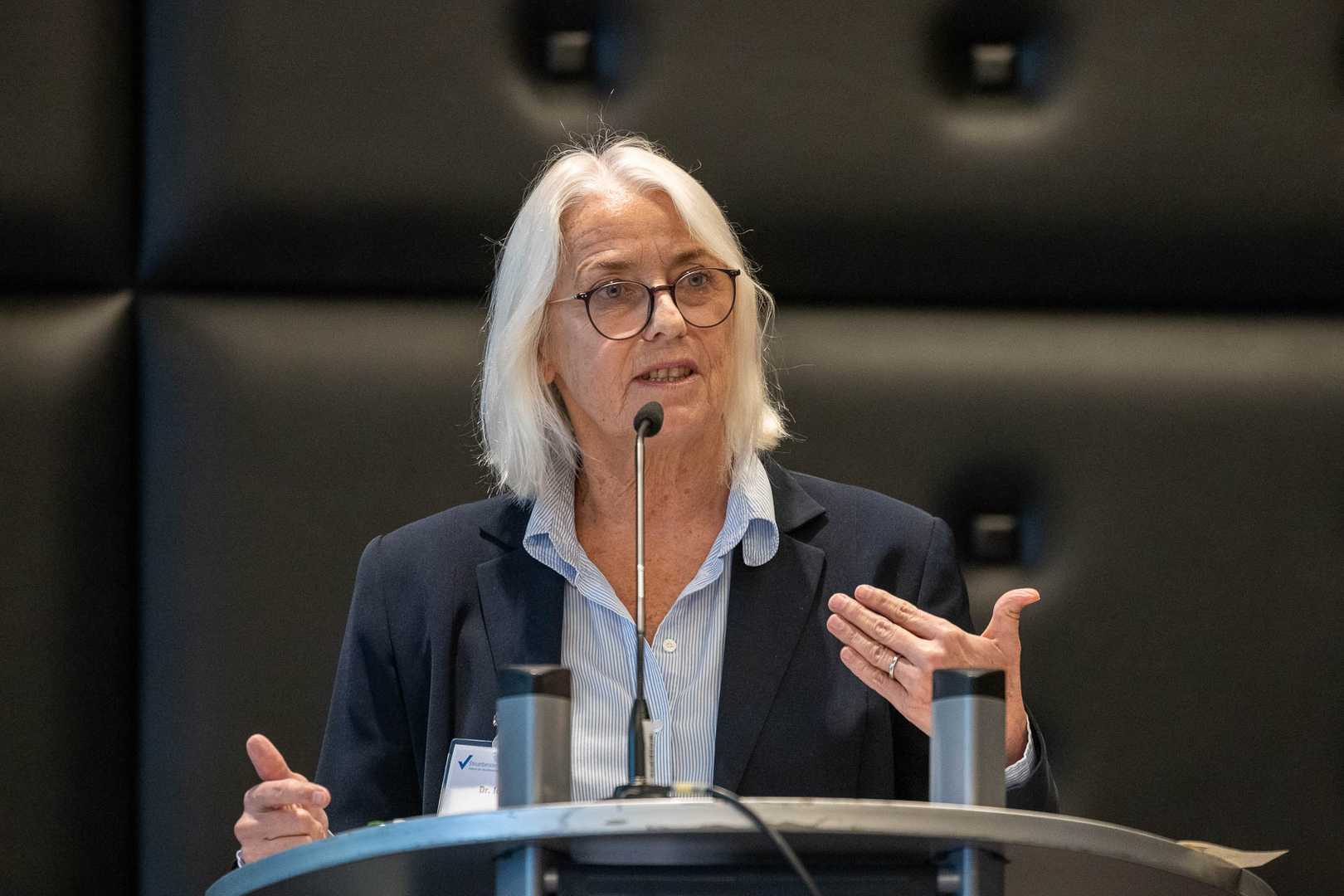


Participation in external eventsMittelstand in the Future
Participation in external eventsFostering innovation in regions with structural deficits

Participation in external eventsIfM at RENT 2024

Participation in external eventsGenerational change desired

Participation in external eventsMittelstand as an economic driver

Participation in external eventsInnovations in the Circular Economy

Participation in external eventsFacts and myths about succession

News & UpdatesWhy do Startups use Equity Crowdfunding

News & UpdatesExistential threat of skills shortage
News & UpdatesMore trust in entrepreneurship



